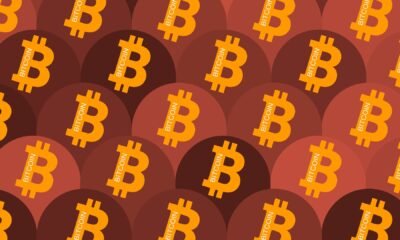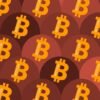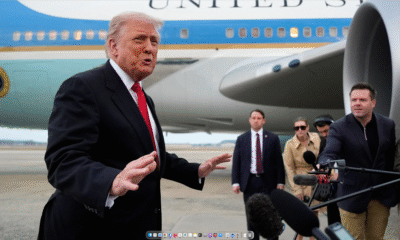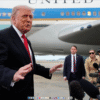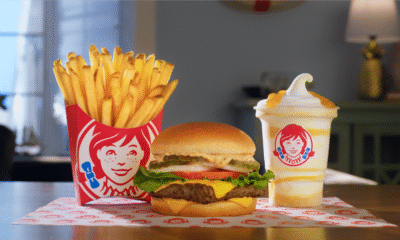Economy
Deutsche Bank economists warn global inflation is inevitable
Inflation is more likely to persist and lead to a crisis in the years ahead, warns Deutsche Bank economists. It said focusing on stimulus while dismissing inflation fears will prove to be a mistake if not in the near term then in 2023 and beyond.
David Folkerts-Landau, the Deutsche Bank Chief Economist Peter Hooper global head of economic research and Jim Reid, head of thematic research, wrote in the report that consumers will surely spend at least some of their savings as economies reopen. They said that this raises the very specter of consumer-driven inflation.
“A lack of preparation for the return of inflation is concerning. Even if some inflation today is transitory, it may feed into expectations as in the 1970s,” the report said. “Even if only embedded for a few months, these expectations may be difficult to contain with stimulus so great.”
Deutsche Bank expects the US output gap to rise above 2%, the highest in over two decades as demand exceeds supply, resulting in higher prices. It highlighted that after the 2008 financial crisis, the quantity of US stimulus was insufficient to close the output gap, and the recovery was needlessly slow. The Bank estimates that legislated stimulus packages have totaled in excess of $5 trillion, or more than 25% of gross domestic product. As such, the US federal deficit is likely to come in at 14% to 15% of GDP in both 2020 and 2021, versus about 10% in 2009.
The analysis, as per CNBC, points out the Federal Reserve and its new framework in which it will tolerate higher inflation for the sake of a full and inclusive recovery. The Deutsche Bank report states that the Fed’s intention not to tighten policy until inflation shows a sustained rise will have dire impacts. “The consequence of delay will be greater disruption of economic and financial activity than would otherwise be the case when the Fed does finally act,” it said. “In turn, this could create a significant recession and set off a chain of financial distress around the world, particularly in emerging markets.”
Also Read: Frozen foods and ready-to-eat snacks have become essential in households: Ashok Bansal
However, policymakers say the current rise in inflation is temporary and will abate once supply disruptions and base effects from the early months of the COVID-19 pandemic crisis wear off. But the Deutsche report states that aggressive stimulus and fundamental economic changes will present inflation ahead. It believes the coming inflation could resemble the 1970s experience, a decade during which inflation averaged nearly 7% and was well into double digits at various times. Soaring food and energy prices along with the end of price controls helped push that era’s soaring inflation.



